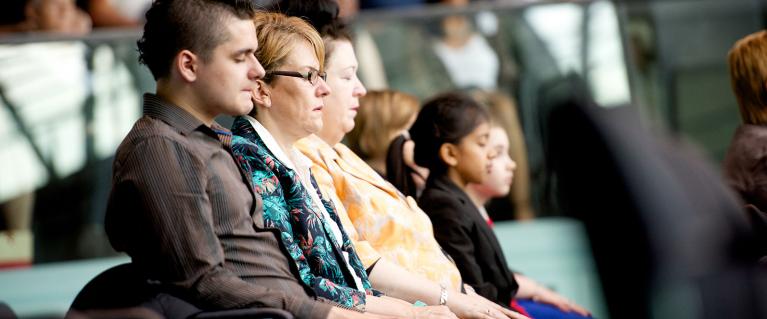
Tackling child poverty and health inequality in London
Over a quarter of London's children live in poverty. We want this to end. We’re also working in partnership to improve the health of young Londoners.
Child poverty in London
Over 600,000 of London's children live in poverty. These children experience disadvantage and deprivation, suffering from poverty of income, as well as poverty of aspiration and opportunity.
While child poverty exists to this extent in London, London's children, wider society and the capital’s economy will not reach their full potential.
London’s high housing, transport and childcare costs make it harder for low income families and many low skilled workers to survive on their incomes. London has fewer part-time jobs compared to the rest of the UK, reducing the opportunities for parents of young children.
Who is at risk of child poverty?
The following are at risk of child poverty:
- children living in families where no one works
- children in lone parent families
- families where only one parent is working
- mothers – rates of employment for mothers are much lower in London than in the rest of the UK
- parents with English as a second language – they also face lower employment rates
- refugee, asylum seeking, gypsy and traveller families - all face very high levels of disadvantage.
Tackling child poverty in partnership
Child poverty is unacceptable, but it is not inevitable; with the right support and opportunities families can escape poverty.
To end child poverty in London we need to help the poorest families to raise their incomes. We need to assist parents in entering and progressing within work where they can, and help with accessing appropriate financial support.
A concerted effort is needed from all involved in providing children's services in London to overcome child poverty, including:
- staff
- local government
- public services
- voluntary and community sector organisations
Many of the most influential interventions are in the hands of central government. The Mayor has informed government that spending in areas proven to make a lasting difference will avert more expensive remedial work in children’s health and criminal justice services in the future.
Improving children’s health in the capital
The Mayor is working with partners to improve the health of young Londoners, as set out in the Health Inequalities Strategy. Focus areas include:
- emotional health
- readiness for learning
- improved access to sexual health, drugs and alcohol prevention services
Other key priorities include helping young people to achieve higher standards at school, develop good life chances and reduce risk of involvement in crime. Supporting children’s confidence and self-esteem are also important objectives for the Mayor.
Mental health support and awareness
The Mayor is concerned at the great variability in access to child and adolescent mental health services (CAMHS) across London.
Parents are often unaware of different support available and, when they do know or are referred, they often discover there is a shortage of services in their local area. There may also be gaps in services for young people with complex behavioural problems who commit crime.
Download LondonHealthInequalitiesStrategy.pdf
Need a document on this page in an accessible format?
If you use assistive technology (such as a screen reader) and need a version of a PDF or other document on this page in a more accessible format, please get in touch via our online form and tell us which format you need.
It will also help us if you tell us which assistive technology you use. We’ll consider your request and get back to you in 5 working days.